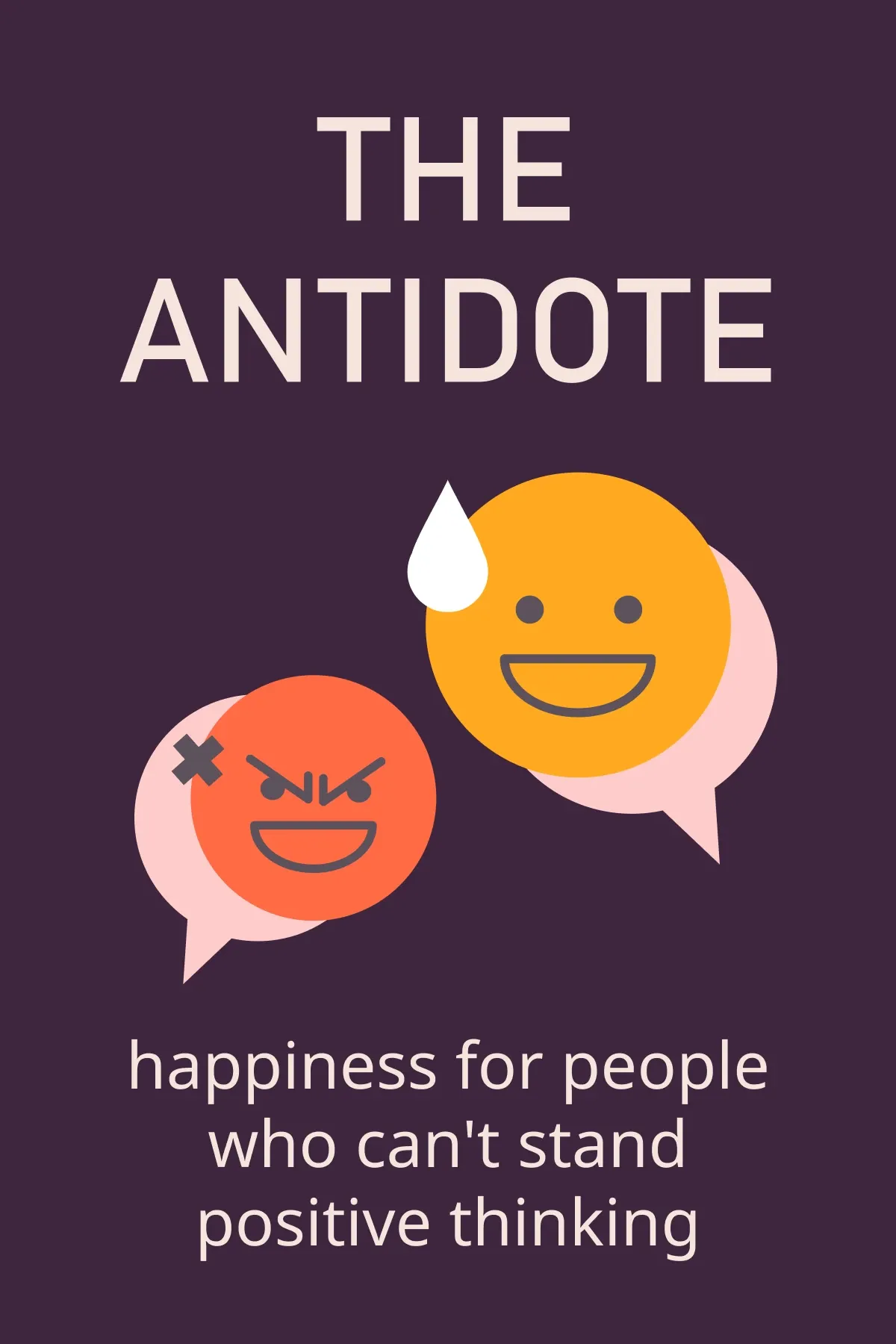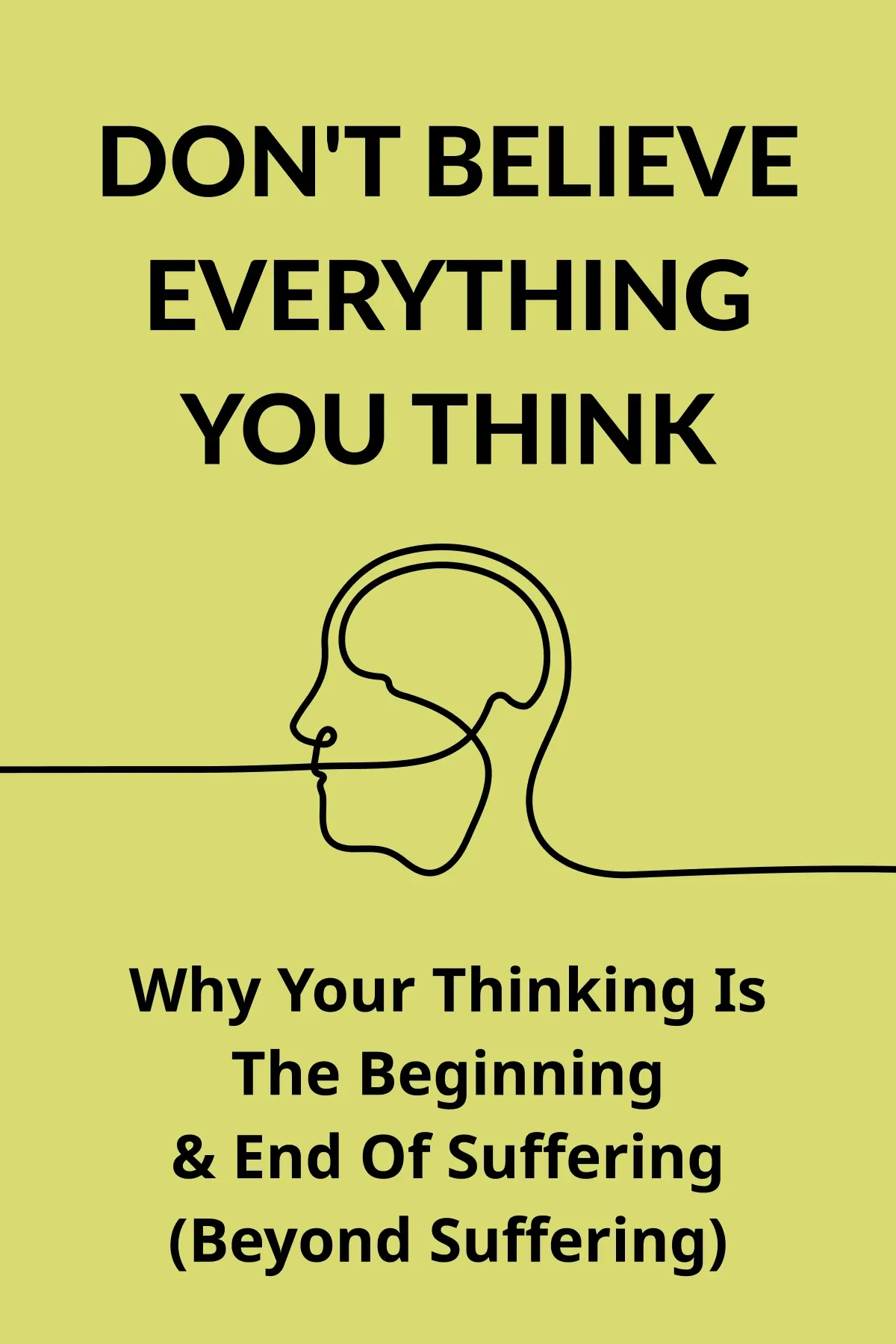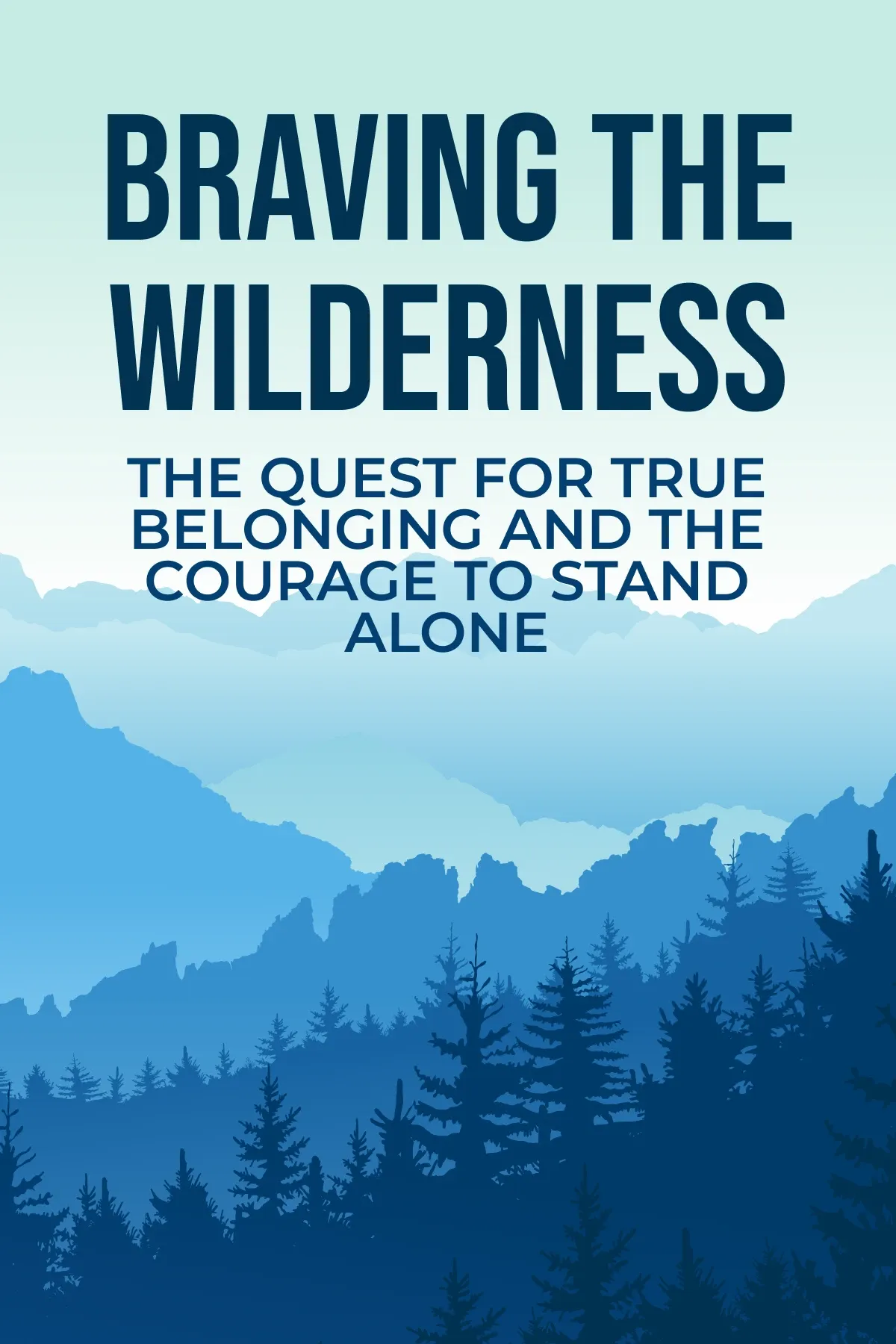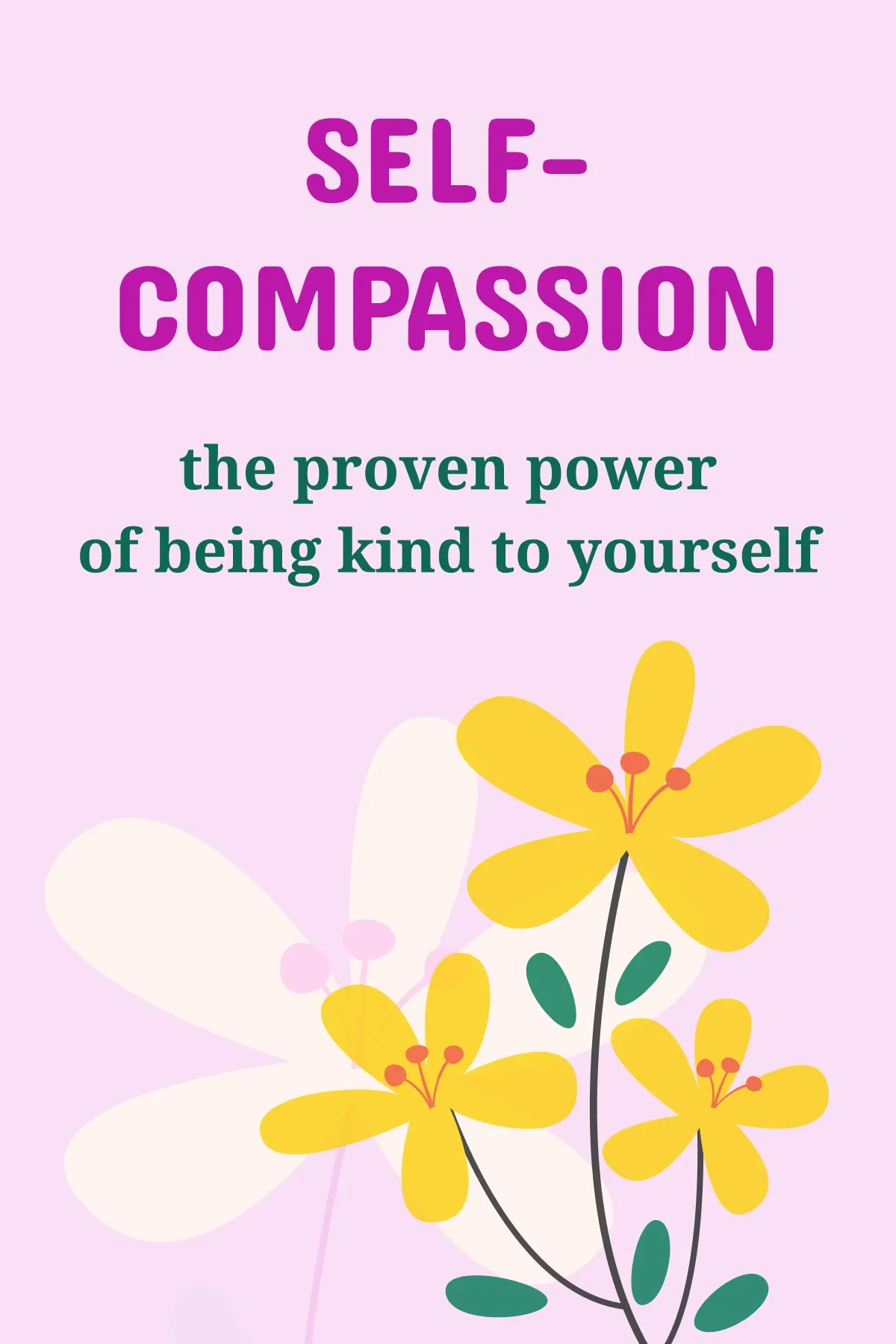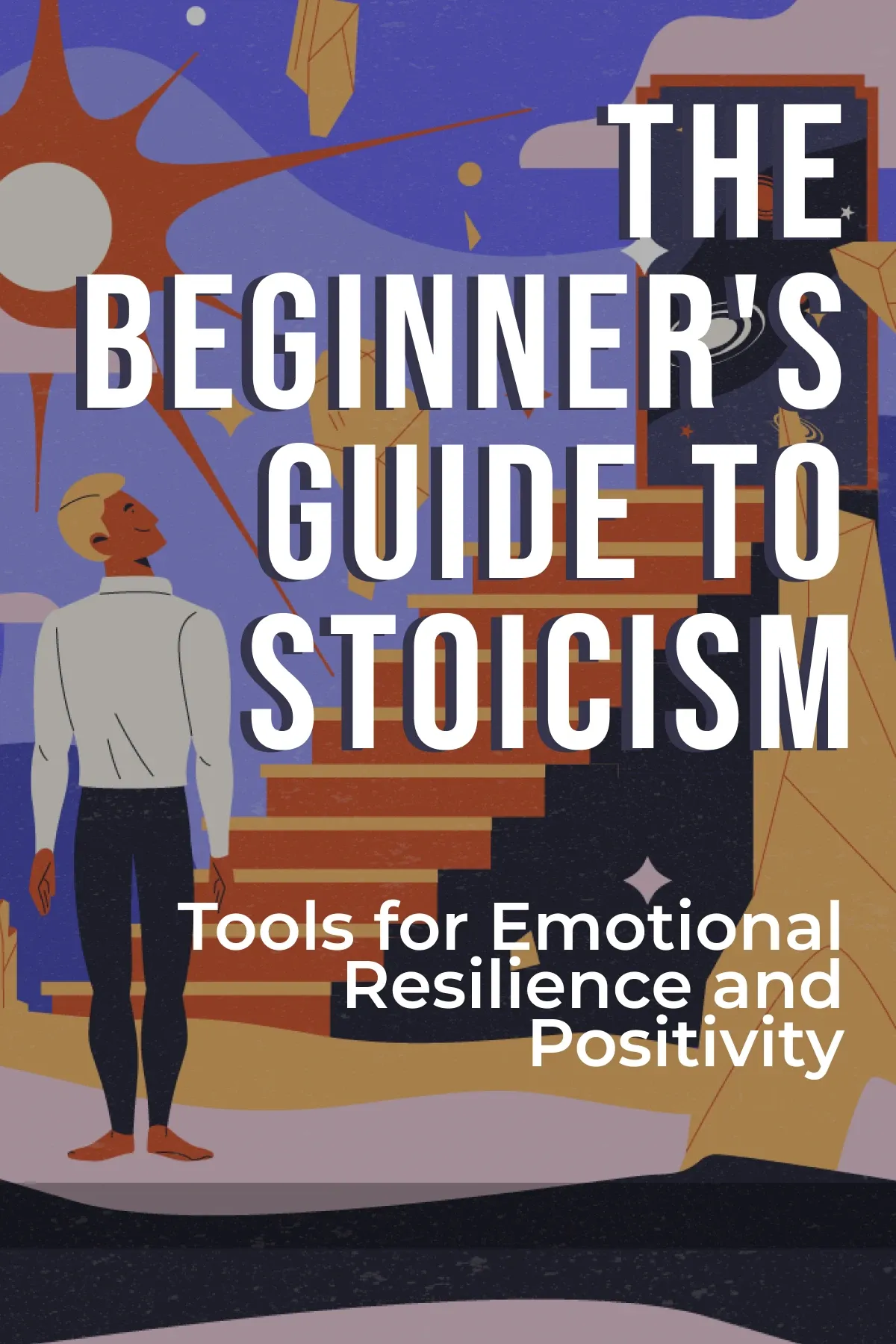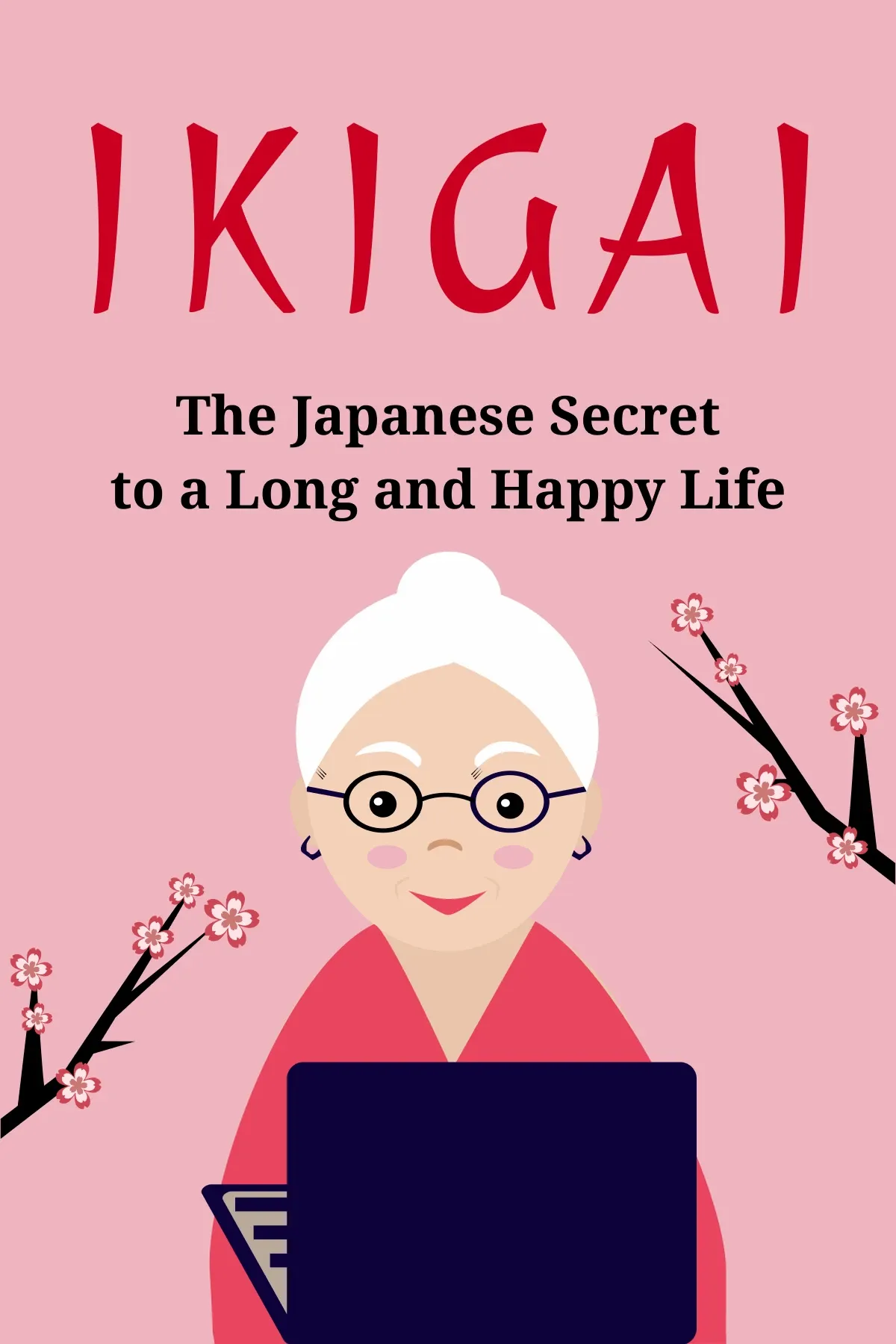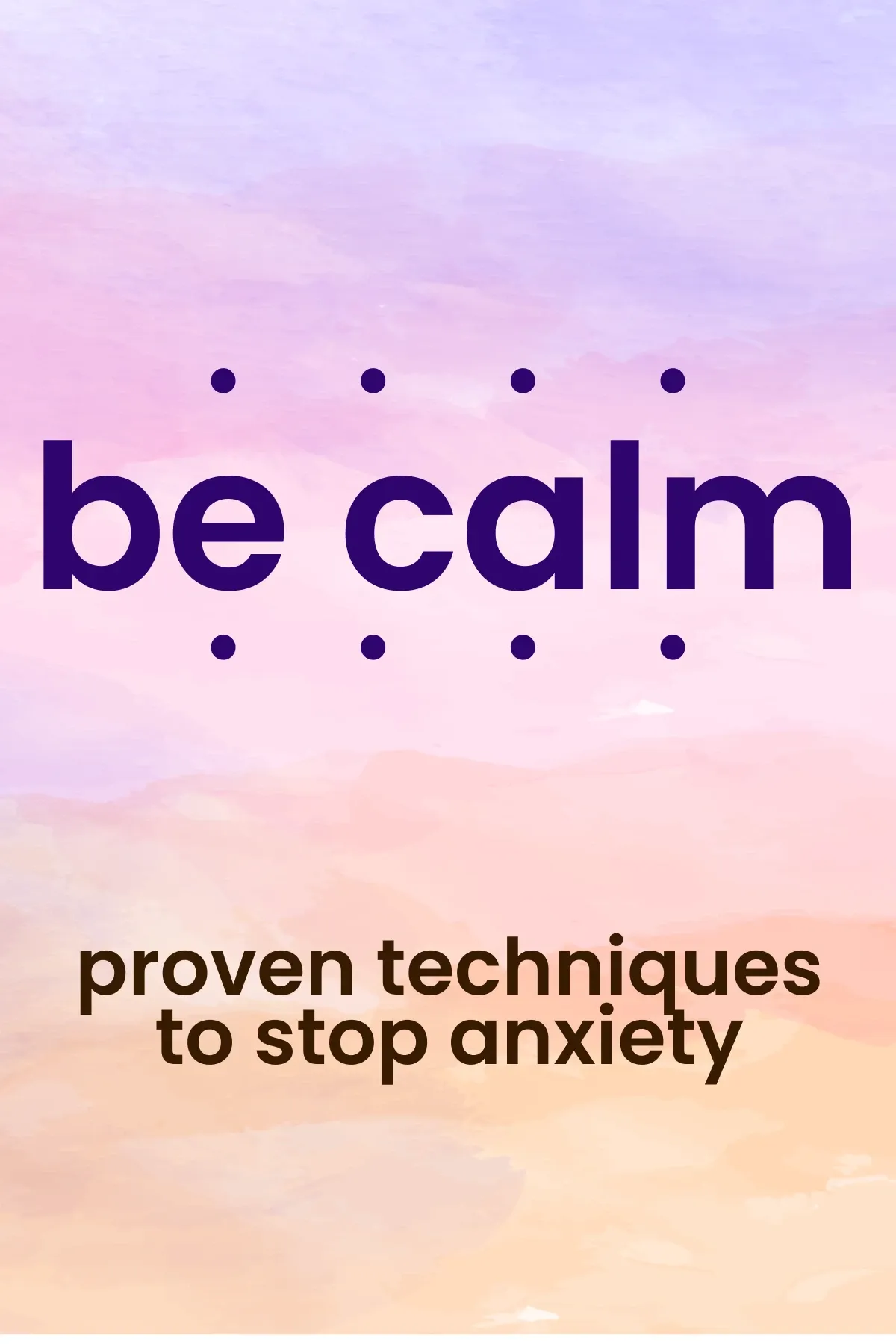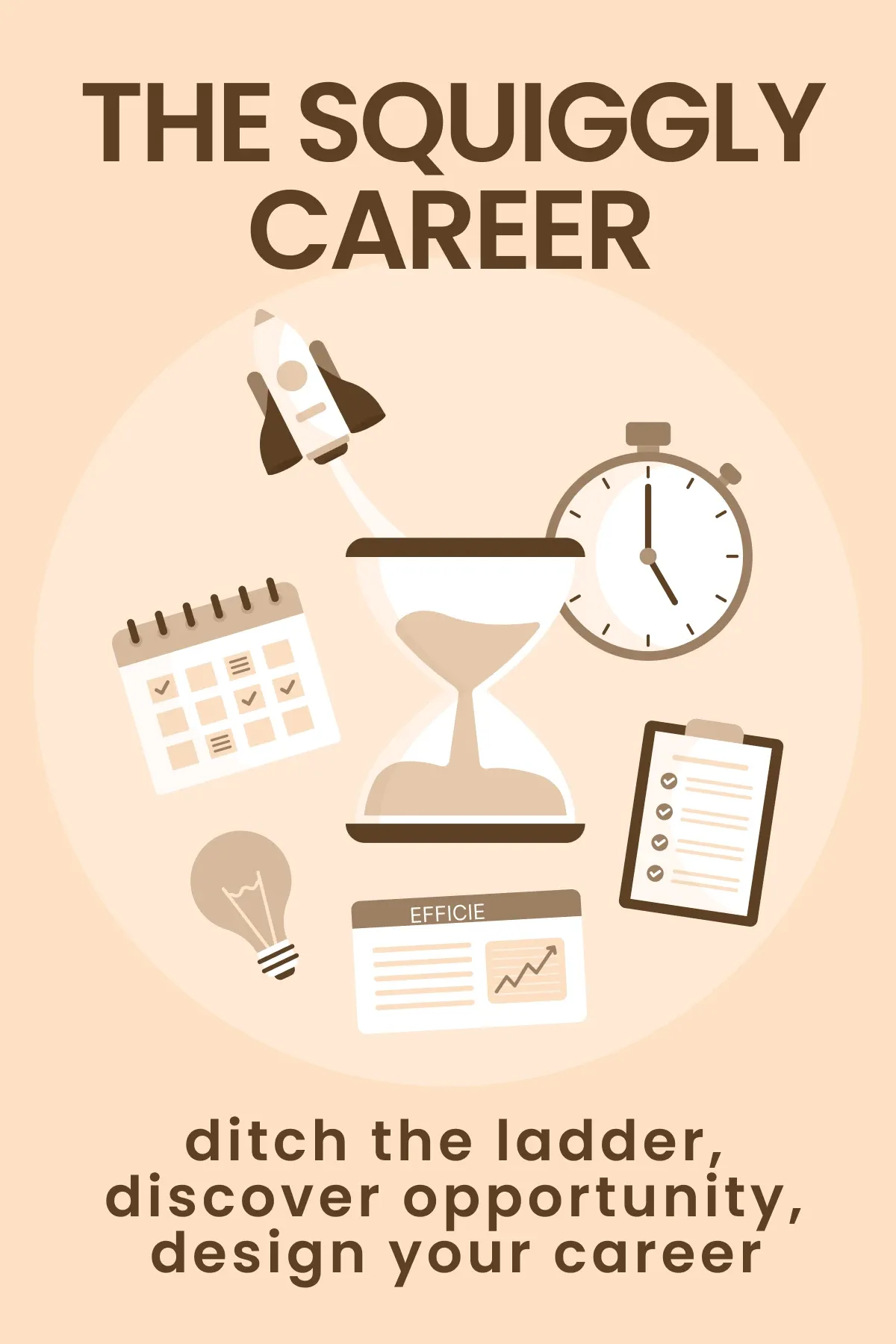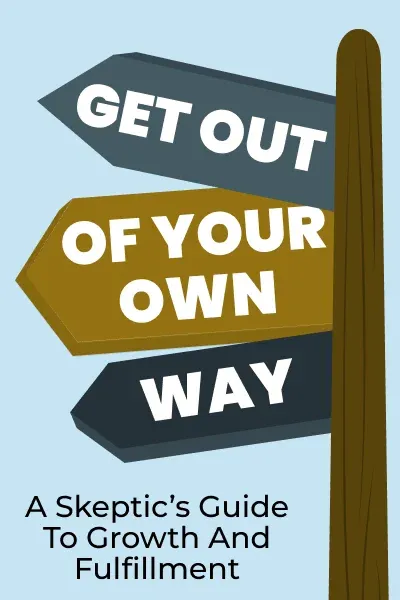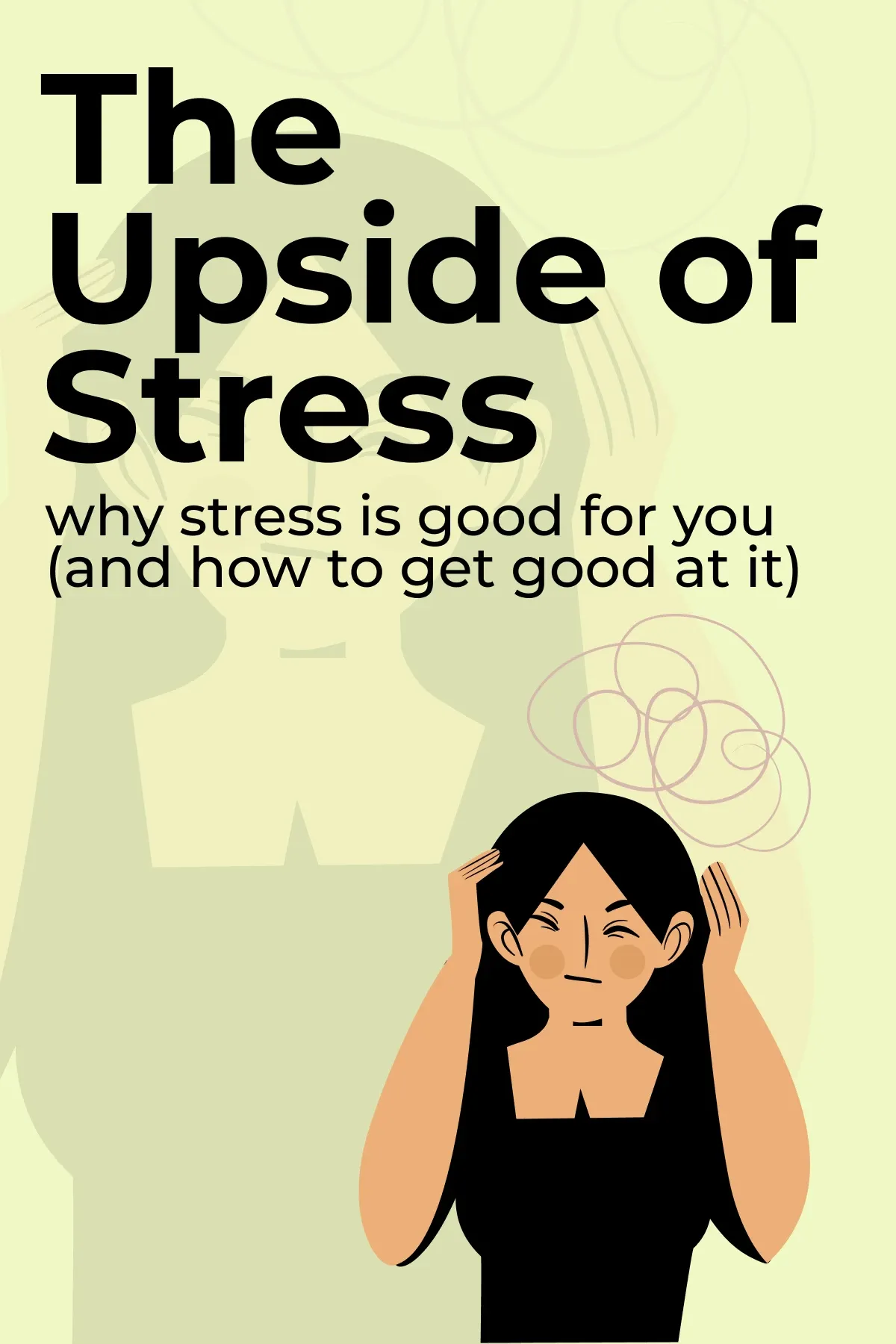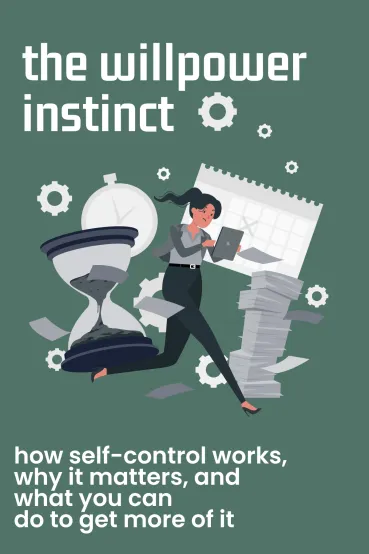
The Willpower Instinct
Brief Summary
“The Willpower Instinct” (2011) delves into the intricate relationship between our social environment and personal willpower. The book explores the development of mental resilience through effective stress management and meditation. It offers insights into the continuous challenge of managing impulses.
Key points
Key idea 1 of 8
Despite often being underrated, willpower influences many aspects of our lives. People with strong willpower usually have more fulfilling lives. They tend to be happier and healthier, excel in their professional endeavors, and enjoy satisfying relationships. Evidence even suggests that strong willpower may lead to a longer life. Building willpower is like constructing a solid foundation for a better life.
To understand willpower, think of it as three interconnected powers: "I want," "I will," and "I won’t." Each plays a vital role in our self-control repertoire. The power of saying "I won't" defends us from temptations, from craving sweets to the allure of a harmful habit. Even when inclined to say “yes,” we own the strength to say “no.” To improve willpower, identify and change your most harmful habit, negatively impacting your health, happiness, or career.
The power of "I will" is about actively engaging in tasks. Some tasks may not be immediately enjoyable but are essential for future success. These activities can range from studying for an exam to pursuing career goals. Recognizing and confronting the tasks you have been avoiding is critical in harnessing this form of willpower.
The power of "I want" is to focus on long-term goals and let them guide daily decisions. It prompts you to consider your future goals and helps you determine if your current desires hinder progress.
Life has challenges that test our self-control. We sometimes need to choose between immediate wants and long-term goals, like not eating a cookie when dieting or not smoking when you want to quit. Learning how to say “no” and “yes” and express what we want is essential. It helps us live a life that fits our values and goals.
FAQ
You may also like these summaries


